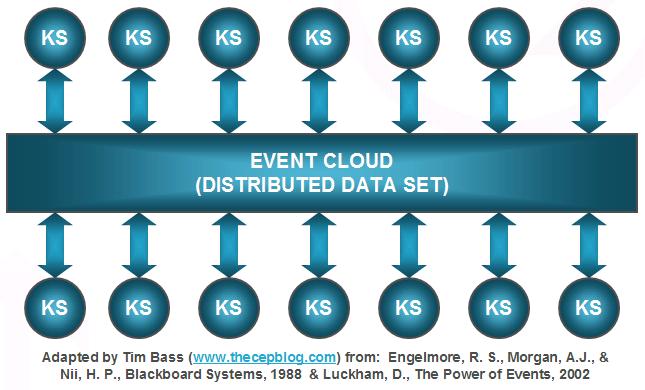|
|
Sponsored Content
Special Forums
News, Links, Events and Announcements
Complex Event Processing RSS News
A Model For Distributed Event Processing
Post 302143425 by Linux Bot on Thursday 1st of November 2007 08:40:11 AM
|
|
We Also Found This Discussion For You
1. Shell Programming and Scripting
NOTE: I am using BASH and Solaris 10 for this.
Currently in the process of building a script that has a main "watcher" daemon that reads a configuration file and starts background processes based on it's global configuration. It is basically an infinite loop of configuration reading. Some of the... (4 Replies)
Discussion started by: dcarrion87
4 Replies
LEARN ABOUT BSD
httppower
httppower(8) powerman httppower(8) NAME
httppower - communicate with HTTP based power distribution units SYNOPSIS
httppower [--url URL] DESCRIPTION
httppower is a helper program for powerman which enables it to communicate with HTTP based power distribution units. It is run interac- tively by the powerman daemon. OPTIONS
-u, --url URL Set the base URL. INTERACTIVE COMMANDS
The following commands are accepted at the httppower> prompt: auth user:pass Authenticate to the base URL with specified user and password, using ``basic'' HTTP authentication which sends the user and password over the network in plain text. seturl URL Set the base URL. Overrides the command line option. get [URL-suffix] Send an HTTP GET to the base URL with the optional URL-suffix appended. post [URL-suffix] key=val[&key=val]... Send an HTTP POST to the base URL with the optional URL-suffix appended, and key-value pairs as argument. FILES
/usr/sbin/httppower /etc/powerman/powerman.conf ORIGIN
PowerMan was originally developed by Andrew Uselton on LLNL's Linux clusters. This software is open source and distributed under the terms of the GNU GPL. SEE ALSO
powerman(1), powermand(8), httppower(8), plmpower(8), vpcd(8), powerman.conf(5), powerman.dev(5), powerman-devices(7). http://sourceforge.net/projects/powerman powerman-2.3.5 2009-02-09 httppower(8)
